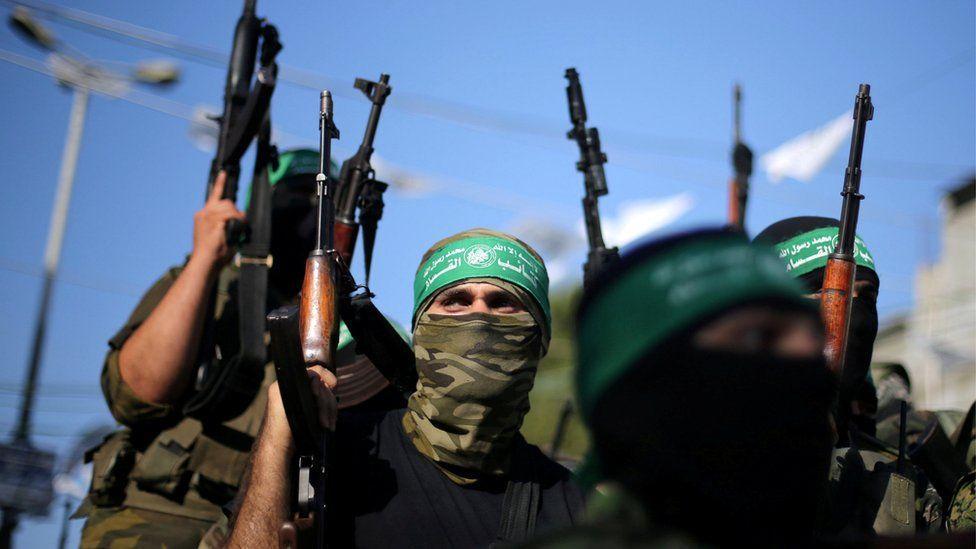
The Zionist regime’s new Chief of Staff, Eyal Zamir, has warned the government that the military lacks the manpower and resources to fulfill its expansive goals in Gaza without a political strategy to accompany military operations, Ynet reported on 14 April.
According to security sources speaking with the occupation newspaper, Zamir warned that the achievements of the soldiers in Gaza have been eroded because the government has refused to promote a political move that includes replacing Hamas, which remains in control of the Gaza Strip even a year and a half after the outbreak of the war.
At the behest of the political echelon, the Zionist military has been implementing the “Little Oranim” plan for a month now. The plan calls for capturing new zones in Gaza, mainly as an expansion of the buffer zone near the border, to pressure Hamas to compromise on the release of a few more captives in the near future or to reach a better deal. However, the sources warned that successfully implementing the Oranim Plan could take many more months.
The security sources stated that Zamir aims to militarily defeat Hamas in a major ground operation. However, a full and renewed occupation of the Gaza Strip will take, according to military estimates, many months, and possibly even years, and will require the redeployment of tens of thousands of fighters – many of whom are in the reserves.
The security sources stated that only 60 to 70 percent of reservists being called up are actually reporting for duty, and there are fears that these numbers will not increase if a full offensive on Gaza is ordered.
The sources stated the military also lacks sufficient numbers of tanks and armored personnel carriers to carry out a full invasion of Gaza, and is concerned about its current ammunition stockpile, especially if an attack on Iran is ordered or the war with Hezbollah in the north is renewed.
However, Ynet has suggested that the current situation may be tolerable for the occupation’s political leadership – even if it becomes long-term – as it fulfills several objectives. The Zionist public will enjoy the calm it has become accustomed to in recent months, along with a sense of security from Gaza in the foreseeable future. Moreover, reservists will still be worn out, but less so, and will be called up for shorter periods—averaging three to four months a year – so long as a full-scale invasion and occupation of Gaza is avoided.
In this scenario, Hamas would not be defeated and would continue to control most of the Gaza Strip, including governing its more than 2 million Palestinian population.
While the Zionists still held captive by Hamas are unlikely to be released, the issue is expected to lose significance over time. This would provide the current government with a pretext to re-establish Jewish settlements in the territories under military control.
Ynet observed that the current situation, where Hamas is neither being actively fought nor defeated, serves another political purpose; as long as there is no large-scale reserve mobilization that further strains those already serving, the call for a conscription law to make the ultra-Orthodox share the military burden of fighting will mostly remain a fringe issue on the political agenda.
The Zionist newspaper added that contrary to what the military initially expected, Hamas is not launching attacks, ambushes, or even mortar barrages towards the perimeters of the army’s relatively limited forces, which have been deployed further into the buffer zone on the border and between Khan Yunis and Rafah.
In this regard, Hamas is continuing the strategic policy of preserving its fighting capabilities. Zionist intelligence claims that around 20,000 of the Palestinian resistance movement’s military operatives remain alive, including several commanders, some of whom are senior officers.
Ynet also reported that many within Tel Aviv’s political circles are questioning whether an investigative committee will be formed to examine why the occupation army failed to defeat Hamas during the major campaign on Gaza that began in October 2023 and culminated in the January ceasefire.
If the Zionist military could not defeat Hamas during this period – despite strong support from the Zionist public, a willingness to make sacrifices, and broad international legitimacy with backing from Paris to Washington in the war’s critical early months – it raises concerns about its ability to defeat the resistance movement in the future.